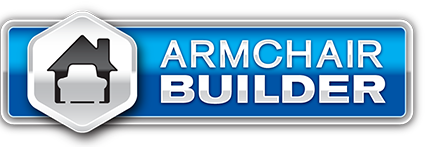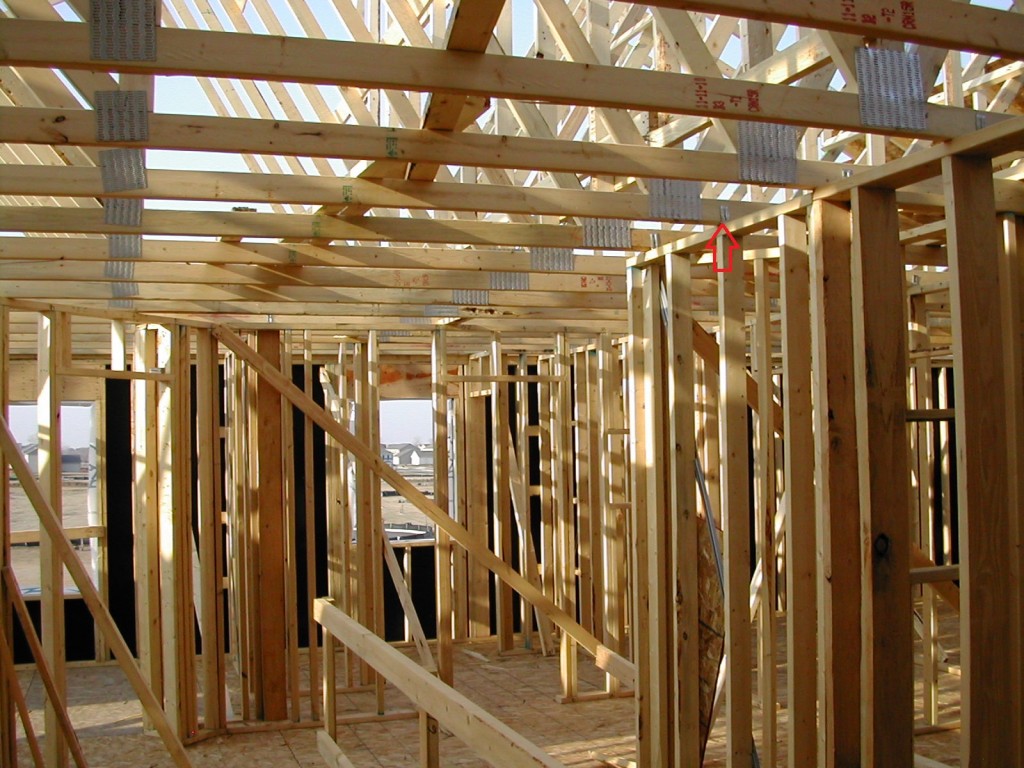When Should Home Inspector Check My New Home?
0 Comments | Posted by armchairbuilder in Owner-Builder
People that are having a new home built frequently pay a home inspector to come out and look for any possible areas of concern. I think this is a good idea even if you are working as an owner-builder. My feeling is, the more eyes you have looking at a product for quality, the better the final outcome will be. Most of my customers have home inspectors come out at the end when everything is finished. However, this doesn’t allow them to see some of the most important items within the structure. So, in order to get the best results from your home inspections, there are critical stages for review.
Inspection Stage 1: Prior to Backfill
The problem is, most people think of the home inspector as an afterthought. When things are about done, they say, “hey, it’s time to bring our inspector in!” Unfortunately, your inspector can only see so much once everything is covered up. And to be certain, the most important items cannot be inspected when the house is near completion. Assuming you have a soil engineer inspect before the footings are poured, it would be redundant to have your home inspector check this also. And honestly, most home inspectors won’t know what they are looking at anyway. So, the first time your home inspector should come out would be just prior to backfill of the foundation. At this stage, he/she should be reviewing the foundation draintile (or drainage system), waterproofing, insulation (if used), foundation quality items including thickness of wall, height of wall, location on footer…etc. and checking the plan specifications match the work completed.
Inspection Stage 2: Prior to Insulation
The second stage for your new home building project for your inspector to review would be just prior to insulation. At this time, your inspector will review the framing and rough mechanicals, the very heart of your new building. He/she will check the framing was completed per code, industry practices and per the manufacturer recommendations (for manufactured components). By doing this inspection prior to insulation, you are able to better see the mechanics of the structure and it makes it easier to make adjustments if needed. Once the insulation and drywall are installed, it is impossible to see these critical components.
Inspection Stage 3: Before Closing
During a new home build, there are all kinds of loose ends that need to be finished. On any given day, there will be a complete list of things that are still in process. Maybe a cabinet is on back order or your heating and cooling contractor is waiting to set the air conditioner after final grade. So, it’s always a good idea to have a second or third fresh set of trained eyes go through the home after it’s complete. You want all of the loose ends finished up prior to final payment to trade contractors. Remember, it can be difficult to get them to come back after full payment so you want to make sure their work is 100 percent complete.
These are the best times to have a home inspector check a new home during construction to get the most benefit. If you are thinking of building a new home, stop by our e-Store to see some of the pro resources available to help you save time and money.


